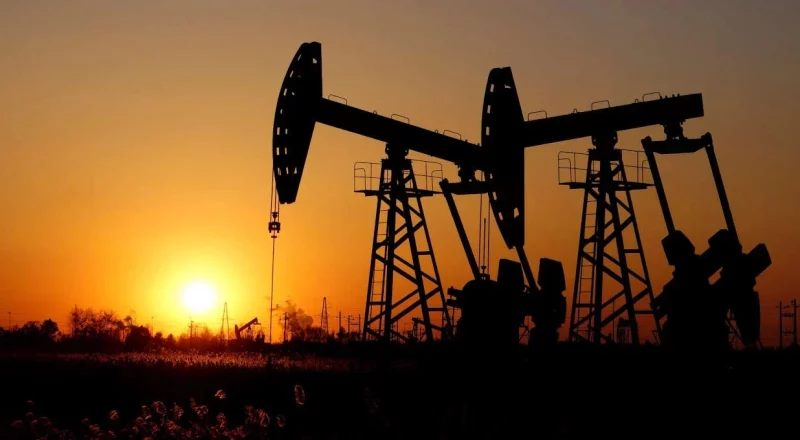
In a busy day for commodities, oil reversed the previous day's losses and jumped more than 1% on China and the Middle East (Image: REUTERS/Stringer/Archivo)
O oil recovered the previous day's losses and closed up more than 1%, supported by new economic stimulus in China, the interruption of commodity production in the Gulf of Mexico and the escalation of tensions in the Middle East.
This Tuesday (24), the most liquid contracts of the Brent oila reference for the international market, for December, ended the session with an increase of 1.72%, at US$ 74.47 per barrel, on the Intercontinental Exchange (ICE), in London.
The contracts of the West Texas Intermediate oil (WTI) for November rose 1.69%, to US$ 71.56 per barrel, on the New York Mercantile Exchange (Nymex), in the United States.
What moved oil today?
Commodities, especially oil, gained strength with stimulus announced by the Central Bank of China (PBoC).
China's monetary authority has launched the largest economic stimulus package since the Covid-19 pandemic to pull the economy out of a deflationary crisis and bring it back to the government's growth target.
Focusing on the real estate market, the Central Bank reduced average interest rates for existing mortgages by 50 basis points and cut the minimum down payment requirement to 15% for all types of housing, among other measures.
The Chinese central bank also introduced two new tools to boost the capital market.
The first is a program of swap with an initial size of 500 billion yuan, which allows funds, insurers and brokerages to have easier access to financing to buy shares.
The second measure offers up to 300 billion yuan in 'cheap' loans from the central bank to commercial banks to help them finance purchases and buybacks of shares from other entities.
In addition, oil companies operating in the Gulf of Mexico, such as Shell, BP and Chevron, are halting oil production as Tropical Storm Helene approaches the United States, which could develop into a hurricane in the region.
In the Middle East, tension remains high.
Israel struck hundreds of Hezbollah targets in airstrikes that Lebanese health authorities said killed at least 492 people on Monday (23) — Lebanon's deadliest day in nearly a year of conflict with the Iran-backed enemy.
Oil market analysts have warned for months that a war between Israel and Hezbollah, which has so far been exchanging rocket fire, could force Iran, a member of the Organization of the Petroleum Exporting Countries (OPEC), to intervene directly, increasing the risk of disruptions to crude supplies in the Middle East.
Finally, OPEC raised its forecasts for global oil demand in the medium and long term in an annual outlook report, citing growth led by India, Africa and the Middle East and a slower shift to electric vehicles and cleaner fuels.
The cartel sees demand growing for a longer period than other assessments by BP and the International Energy Agency, which see oil use peaking this decade, according to the World Oil Outlook 2024 report published on Tuesday (24).
*With information from Reuters
